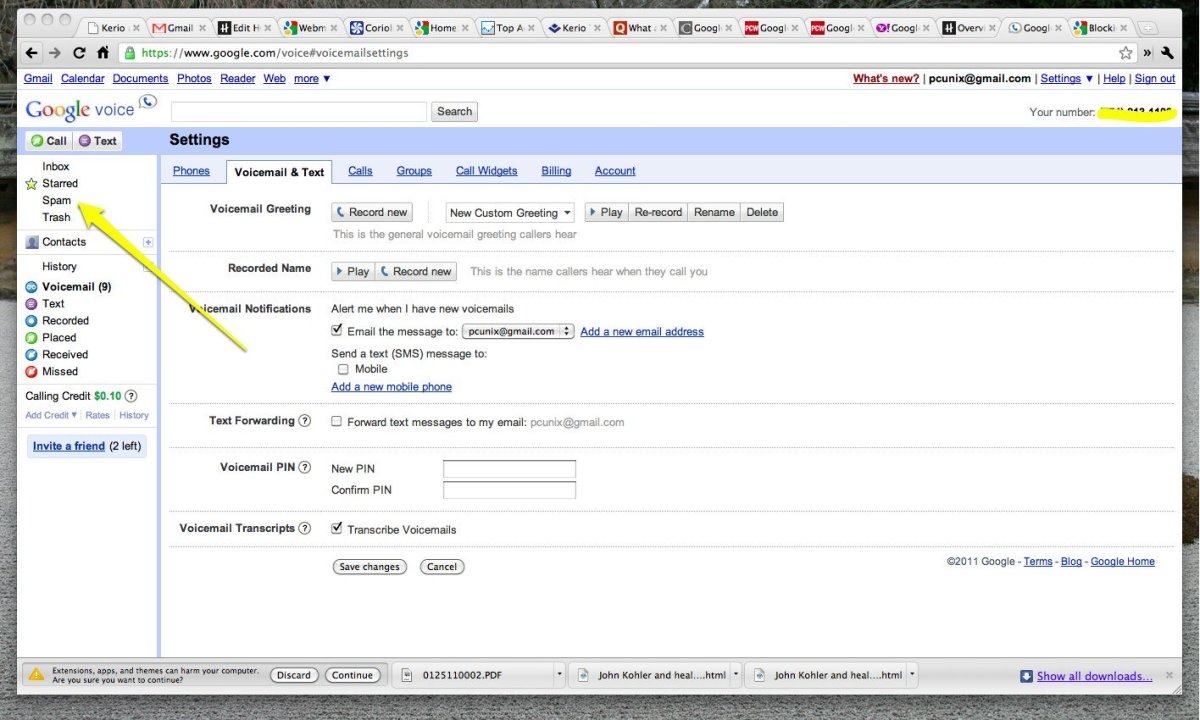Small Business 401k Plans: Falling Short

Small Business Employees Can Take Six-Figure 401k Hits
You and your neighbor are virtual financial clones. You earn the same salary, spend the same amount, make the same contributions to your 401k plans, and select the same 401k investments. The only difference in your financial lives is that you work for a small employer, while he works for a Fortune 500 company. Because of this one difference, your 401k plan may be worth more than $100,000 less than his by the time you both retire, and your retirement will be less secure than his. Here's why.
401k Fees
Plan Size
| Total Assets
| Average Fees
|
|---|---|---|
Largest
| More than $1 billion
| 0.36%
|
Large
| $100 million to $1 billion
| 0.53%
|
Medium
| $10 million to $100 million
| 0.85%
|
Small
| Less than $10 million
| 1.4%
|
Average 401k Fees
401k retirement plans include both investment and administrative fees. Investment fees are costs tied to particular investments. For example, a 401k plan might charge an annual investment fee of 1% of the funds invested in a particular mutual fund, which amounts to $10 for each $1000 invested. Administrative fees are additional fees for record keeping and other costs of running the 401k plan.
The average 401k fees (including investment and administrative fees) depend on the size of the plan, with larger plans charging lower fees and smaller plans charging higher fees. Per Money Magazine, the largest plans with total assets of more than $1 billion charged average fees of 0.36%. Large plans with assets from $100 million to $1 billion had average fees of 0.53%. Medium plans with assets from $10 million to $100 million had average fees of 0.85%. Small plans with assets of less than $10 million had fees of 1.4%.
Thus, employees of the largest companies pay $3.60 per $1000 invested in their 401k plans, while employees of small companies pay $14 per $1000. That's a whopping 288% more!
Small Company Employees May Take Six-Figure 401k Hits
The large difference in 401k fees that are paid by small company employees in comparison to the fees paid by employees of the largest companies can result in huge differences by the time they retire.
For example, assume your neighbor works for a Fortune 500 company which offers a 401k plan with fees of 0.36%. He contributes $5000 per year over the course of his 35 year career, and he selects investments which average a 7% annual return. When he retires, his 401k balance will be $689,098.
In comparison, assume you work for a small company which offers a 401k plan with fees of 1.4%. Just like your neighbor, you contribute $5000 per year over the course of your 35 year career, and you select identical investments which also average a 7% annual return. When you retire, your 401k balance will be $541,699.
Thus, due only to the higher fees you've paid, your 401k plan will be worth $147,399 less than your neighbor's! Put another way, your plan will be worth more than 21% less than your neighbor's for the sole reason that you paid higher fees. Unfortunately, this six-figure amount will make your retirement less secure, and will force a reduced standard of living.
What Can Small Company Employees Do About It?
Small company employees can take several steps to help insure their 401k plan balances are as healthy as their large company counterparts.
The first step is for small company employees to review their 401k plan materials to determine what fees they are paying. To help with this task, the U.S. Department of Labor recently passed rules requiring employers to disclose 401k fees (including both investment and administrative fees) to their employees. If you haven't received this information yet, contact your plan administrator.
The next step is for small company employees with high-fee 401k plans to ask their management to negotiate with their existing 401k plan provider for lower fees, or to select a new 401k plan provider with a lower fee structure. Now that employees are becoming aware of the fees they are actually paying, it is likely that more employees will put pressure on their management for better plans.
If they are stuck with a poor 401k plan, small company employees should consider increasing their 401k contributions to make up for the impact of the high fees. This may be difficult, but it will help these employees build 401k balances which meet their retirement goals.
A more drastic option for small company employees stuck with high fee 401k plans would be to quit their jobs and move to other companies offering 401k plans with lower fees. To make such drastic decisions, employees should review their entire compensation package, of which their 401k plan is one component.








